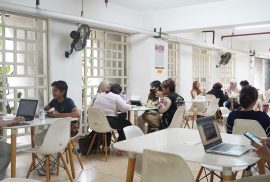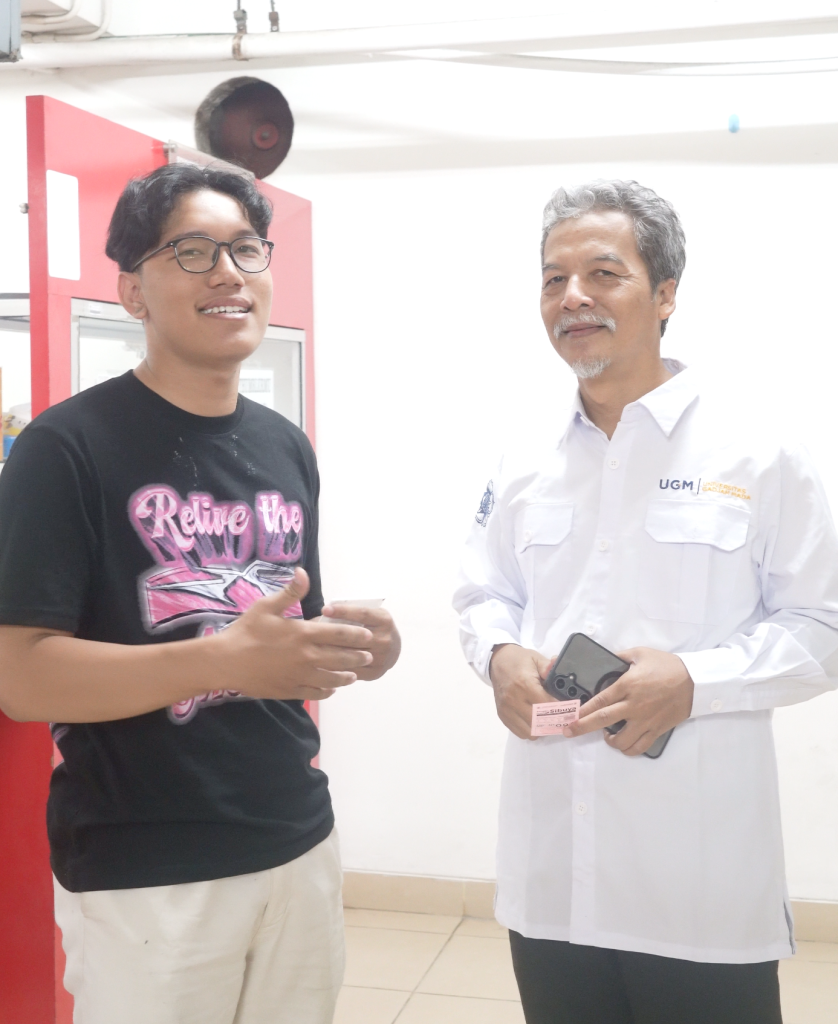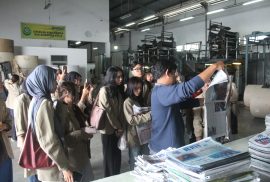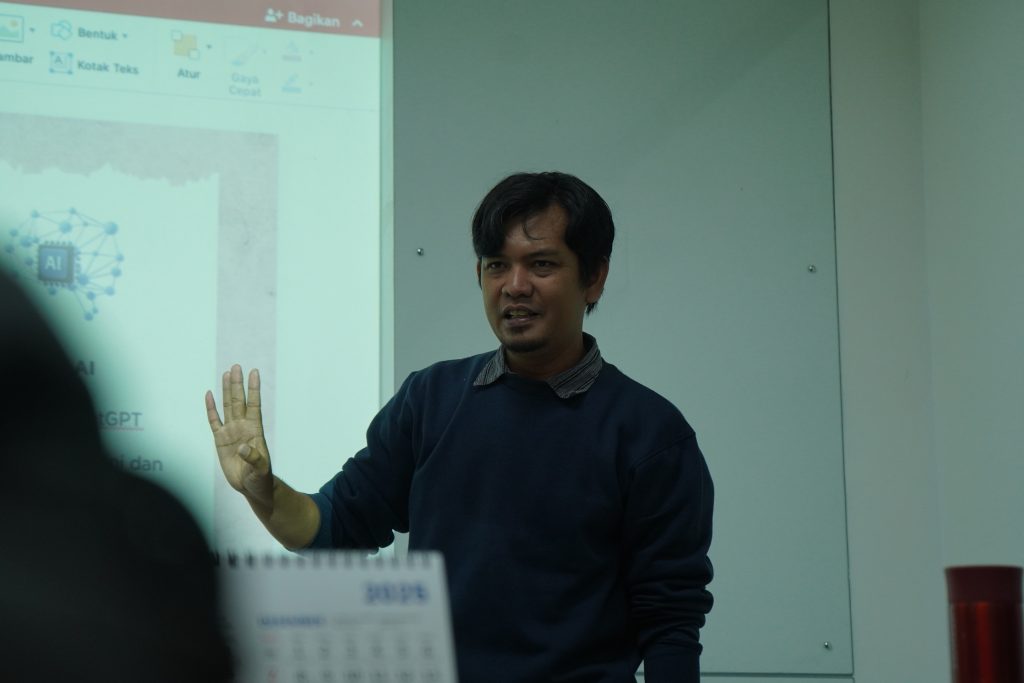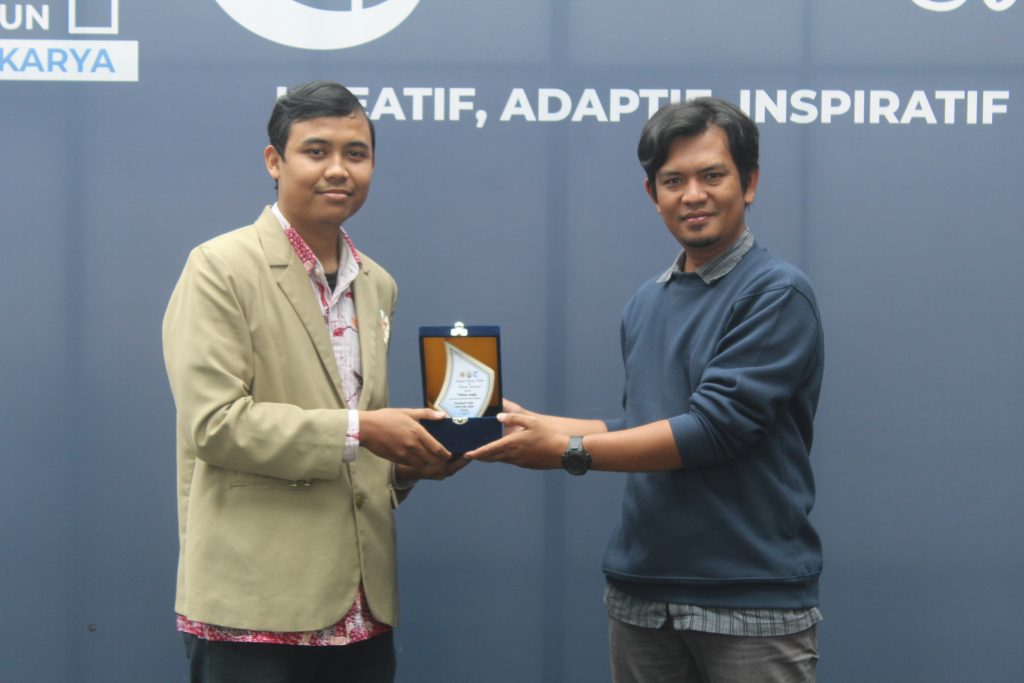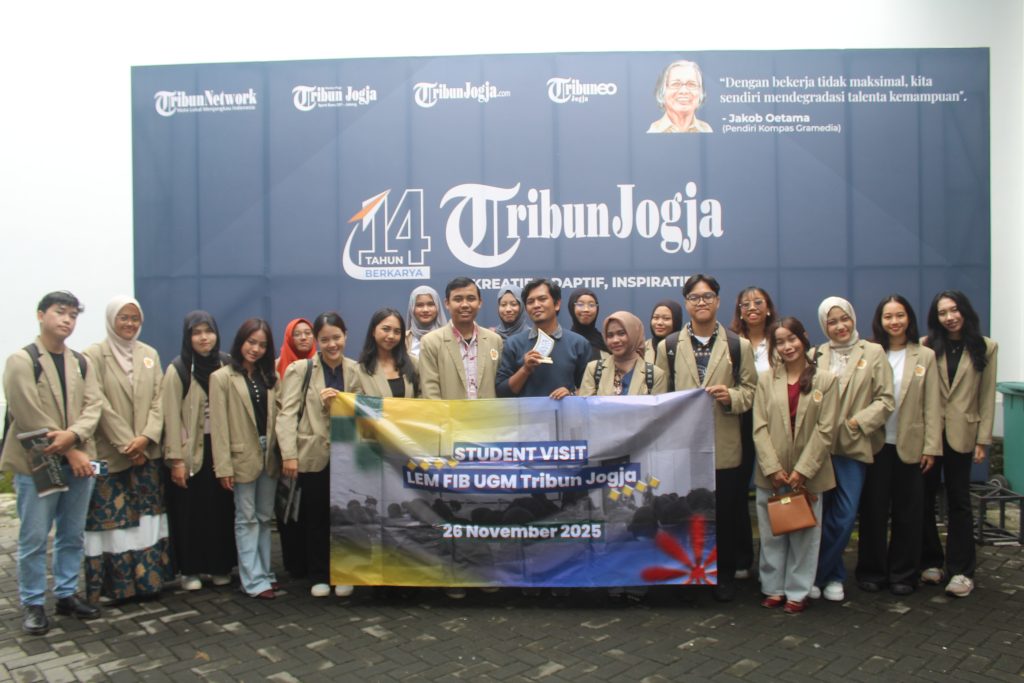Yogyakarta, December 8, 2025 – The Faculty of Cultural Sciences at Universitas Gadjah Mada has once again launched the Sibuya program, which provides free breakfast for students currently taking the Odd Semester Final Exams for the 2025–2026 academic year. The program is held on December 8, 11, 15, and 18, 2025 at the Kantin Sastra using a coupon system, and on December 9 and 16, 2025 in front of the Soegondo Building, where meal boxes are distributed. A total of 200 servings are provided each day.
The Sibuya program is supported by the Parents Association of Students (POTMA) and Dharma Wanita FIB UGM. Students can redeem their food coupons at the food court area of Kantin Sastra according to the scheduled dates.
The Dean of FIB UGM, Prof. Setiadi, stated that the implementation of Sibuya reflects the faculty’s concern for students who are entering the exam period.
“Sibuya is our effort to support students who are about to take their exams. We hope this program brings them comfort and helps them feel more prepared for their finals. We also hope that more parties will participate in the future,” he said.
He added that the program is expected to help students, especially those who have not had the chance to eat breakfast before their exams.
“With Sibuya, we hope students can be assisted, particularly those who need breakfast, those who leave home without eating, or those who have not eaten at their boarding house, so they can take their exams with peace of mind. We are truly grateful to Dharma Wanita and the Parents Association for their full support of this program,” he explained.
The presence of Sibuya not only provides nutritional benefits and physical readiness but also fosters solidarity and a sense of community within the campus environment. The initiative stands as a tangible example of collaboration between institutions, families, and students in creating a caring and inclusive academic atmosphere.
Through this simple yet meaningful effort, Sibuya reminds us that attention to basic needs can be a powerful force in shaping a healthier and more empowered younger generation, equipped to face future challenges. This spirit of togetherness is expected to continue growing and inspiring sustainable development efforts in the field of education.
[Public Relations of FIB UGM, Candra Solihin]

